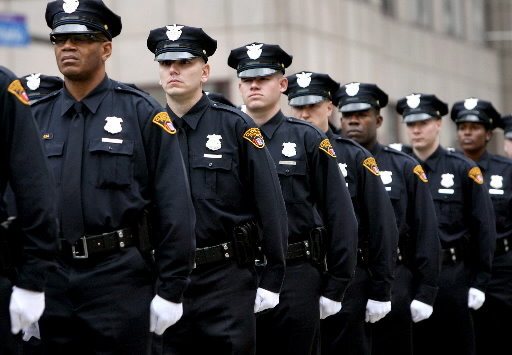Police Thyself Fantasy Sports
Can the Fantasy Sports Industry police itself? The answer appears to be we are going to try with some outside help. As broken by Bloomberg’s Scott Soshnick today, The Fantasy Sports Trade Association (FSTA), announced today that it will form the Fantasy Sports Control Agency (FSCA) and appoint Former Acting U.S. Secretary of Labor Seth D. Harris to chair the independent agency charged with creating a strict, transparent and effective system of self-regulation for the businesses that comprise the fantasy sports industry.
According to the press release:
The FSCA will be empowered by the FSTA to create a system consisting of four principal parts:
Standards: Develop a system of standards for the fantasy sports industry founded on transparency, integrity and ethical behavior.
Company Controls, Processes, and Leadership: Every FSTA member company will be expected to respond to the FSCA’s standards by establishing a system of controls and processes to ensure compliance. In addition, every member company will be expected to appoint a senior leader reporting to top executives and overseeing compliance efforts.
Auditing Policies and Procedures: Implementation of a sound, regular auditing process to measure and report on company compliance.
Enforcement: Establishment of a system that provides incentives and public recognition for compliance with FSCA guidelines and penalties for failure to comply.
“The issues and opportunities facing the fantasy sports industry can be best addressed through an independent agency supported by the industry and its members,” said Secretary Harris in the release. “The FSTA will continue to work closely with state and federal lawmakers and regulators as we develop and implement strong integrity programs. We are confident that an independent control agency can prevent any unethical, dishonest, or unfair behavior. In the process, we can save lawmakers and regulators the cost and effort of intervening so that they can expend their limited resources on bigger and more societally important challenges.”
The announcement comes after the entire industry has been under fire for a series of improprieties surrounding the two biggest players in the space, FanDuel and DraftKings, who allegedly had select employees using information obtained to increase their chances of winning. This caused all involved with fantasy sports to come under fire from elected officials in numerous states who questioned the legality of Daily Pay Fantasy vs. sports gambling. Questions remain as to whether all fantasy companies, who do not have to be FSTA members to operate, will abide by the coming standards and practices, but it is a strong step in the right direction for clarity and uniformity, and brings a level of professionalism to the industry which has seen unprecedented growth in the past two to three years.
